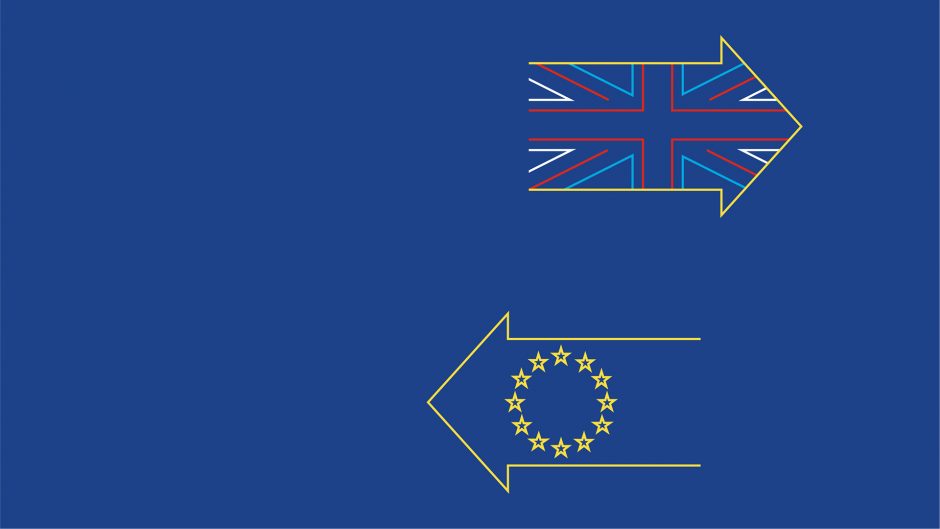The European Securities and Markets Authority (ESMA) has recently issued a public statement to remind firms of the MiFID II requirements on the provision of investment services to retail or professional clients by third-country firms. With the end of the UK transition period on December 2020, UK firms now qualify as third-country firms under the MiFID II regime. The third country status of the UK as of 2021 was explicitly confirmed by the German regulator BaFin in a recent publication.
Pursuant to MiFID II, EU Member States may require that a third-country firm intending to provide investment services to retail or to professional clients in its territory have to establish a branch in that Member State or may conduct business requiring a license on a cross-border basis, without having a presence in Germany (so-called notification procedure/EU Passport). However, according to MiFID II, where a retail or professional client established or situated in the EU initiates at its own exclusive initiative the provision of an investment service or activity by a third-country firm, the third country firm is not subject to the MiFID II requirement to establish a branch and to obtain a license (so-called reverse solicitation).
With the end of the UK transition period on December 2020, ESMA notes that some “questionable” practices by firms around reverse solicitation have emerged. For example, ESMA states that some firms appear to be trying to circumvent MiFID II requirements by including general clauses in their Terms of Business or by using online pop-up boxes whereby clients state that any transactions are executed in the exclusive initiative of the client.
With its public statement, ESMA aims to remind firms that pursuant to MiFID II, where a third-country firm solicits (potential) clients in the EU or promotes or advertises investment services in the EU, the investment service is not provided at the initiative of the client and, therefore, MiFID II requirements apply. Every communication means used (press release, advertising on internet, brochures, phone calls etc.) should be considered to determine if the client has been subject to any solicitation, promotion or advertising in the EU on the firm´s investment service or activities. Reverse solicitation only applies if the client actually initiates the provision of an investment service or activity, it does not apply if the investment firm “disguises” its own initiative as one of the client.
However, despite this seemingly rather strict approach of ESMA, reverse solicitation is generally still applicable if a (UK) third-country firm
- only offers services at the sole initiative of the client,
- (only) continues an already existing client relationship or
- continues to inform its clients about its range of products within the scope of existing business relationships (which is often agreed upon in the client´s contract).
It is argued that, for example, in the case of an existing account or deposit or an existing loan agreement that a UK third country firm continues to provide to an EU client after Brexit, no direct marketing or solicitation of the client in the EU takes place. In this case, the third country firm would not have solicited the client.
In a nutshell: What UK firms should consider
The provision of investment services in the EU is subject to license requirements and can include the requirement to establish a branch or a subsidiary in the relevant EU member state. The provision of investment services without proper authorization exposes investment firms to administrative or criminal proceedings. Where a client established in the EU initiates at its own exclusive initiative the provision of an investment service by a third-country firm, such firm is not subject to the requirement to establish a branch or to obtain a license (reverse solicitation). Generally, reverse solicitation also applies when existing client relationships are continued (which have been legitimately established), as the investment firm would not solicit a client in this case.





